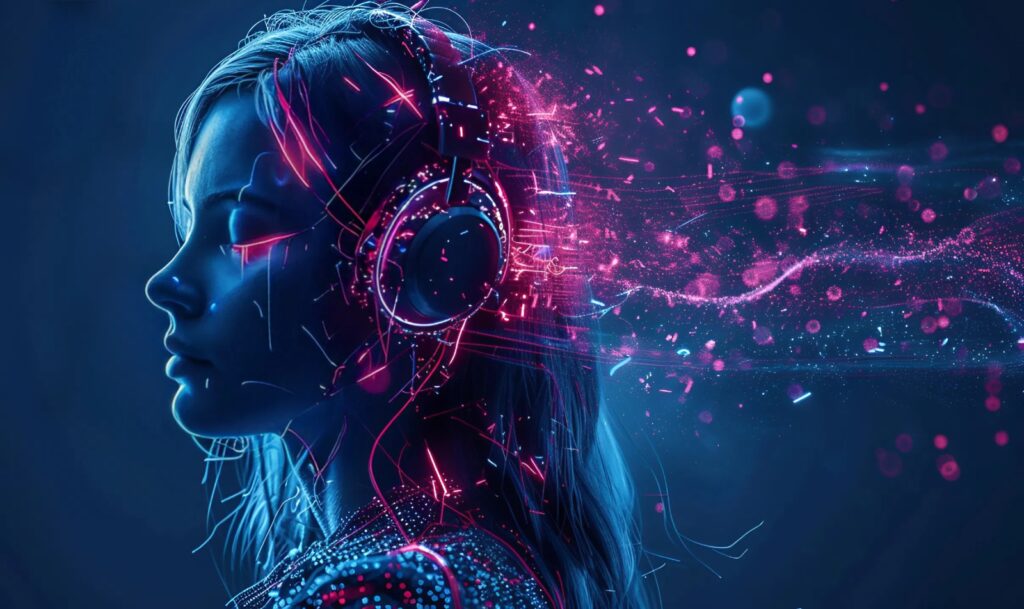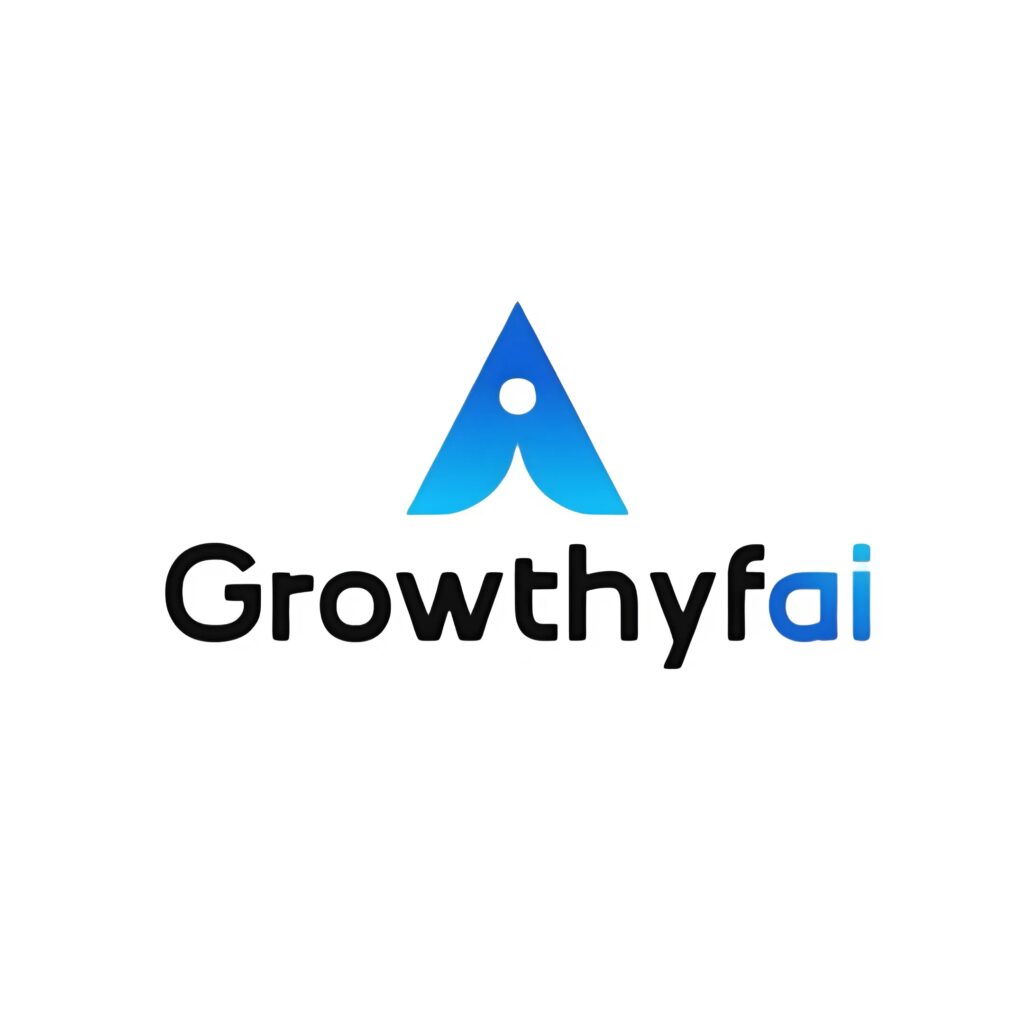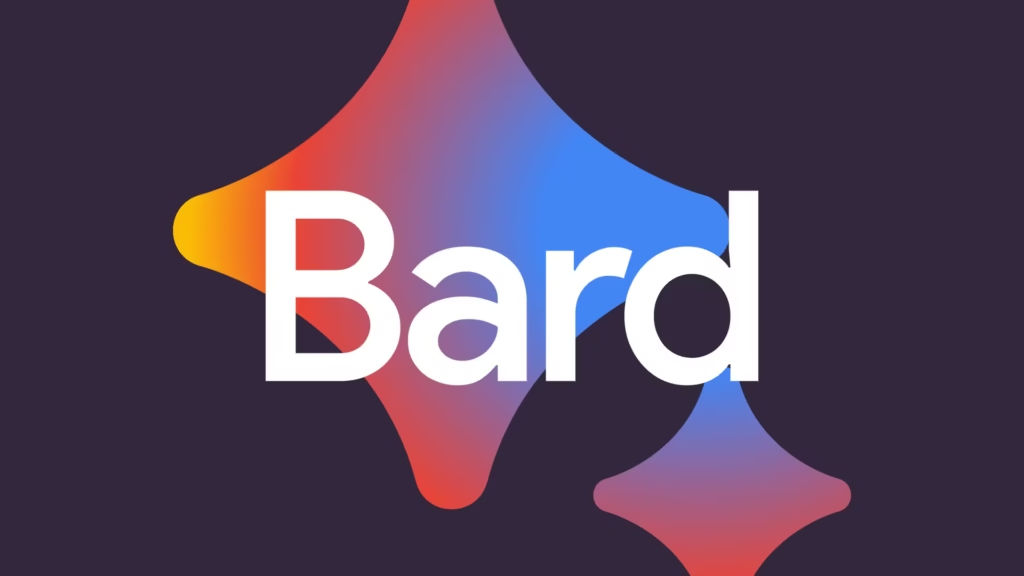Meta Unveils AI Assistant Capable of Creating Personalized Music Tracks in Real-Time
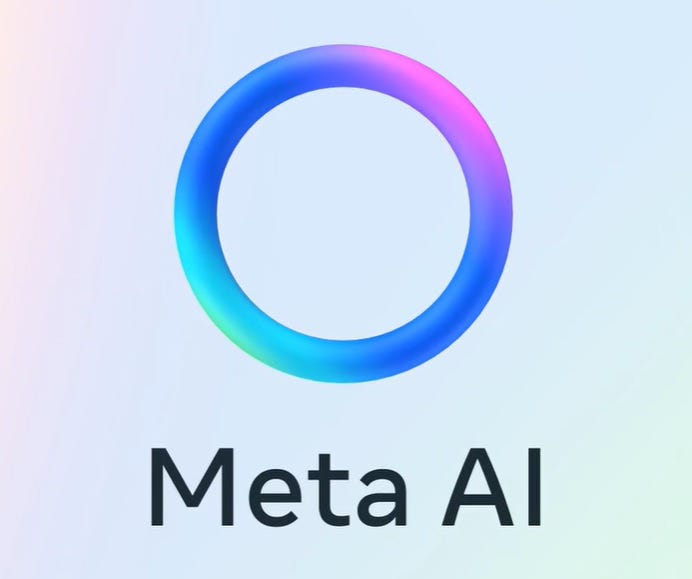

The world of artificial intelligence is continually evolving, pushing the boundaries of creativity and personalization. The latest breakthrough comes from Meta, formerly known as Facebook, as it introduces a revolutionary AI assistant designed to create personalized music tracks in real-time. This innovative technology marks a significant stride in the fusion of AI and creativity, providing endless possibilities for music lovers and content creators alike.
The Rising Wave of AI in Music Creation
The use of AI in music creation isn’t entirely new. Over the past few years, AI has been increasingly employed to explore new musical genres, assist musicians in songwriting, and even produce complete tracks. Companies like OpenAI, with their MuseNet and Jukedeck, have already made headlines by demonstrating the potential of AI in generating music that mimics human creativity.
Meta’s latest AI assistant, however, sets itself apart by focusing on real-time interaction and personalization, aspects that have long been a challenging frontier for AI technologies. As AI continues to integrate into various creative processes, its role in the music industry becomes ever more influential, offering innovative tools for musicians and enriching user experiences.
Meta’s AI Assistant: Features and Capabilities
Meta’s new AI assistant boasts several groundbreaking features designed to cater to both amateur and professional music creators:
1. Real-Time Music Production: The AI assistant is engineered to generate music in real time. Users can interact with the assistant through voice commands or text input, prompting it to create musical compositions instantly. This feature allows for a dynamic and interactive session where creativity flows seamlessly.
2. Personalization Abilities: One of the most impressive capabilities is its ability to produce personalized music based on user preferences. By analyzing user feedback and historical data, the AI can tailor its compositions to match specific styles, genres, or moods, creating a unique audio experience for each user.
3. Collaborative Environment: The assistant encourages collaboration, allowing users to tweak compositions, add layers, or modify existing tracks. This offers musicians a collaborative partner, capable of brainstorming new ideas and overcoming creative blocks.
4. Learning and Adaptation: Leveraging machine learning algorithms, the AI continuously learns and adapts to user inputs, becoming more adept at predicting user preferences and enhancing its creative output over time.
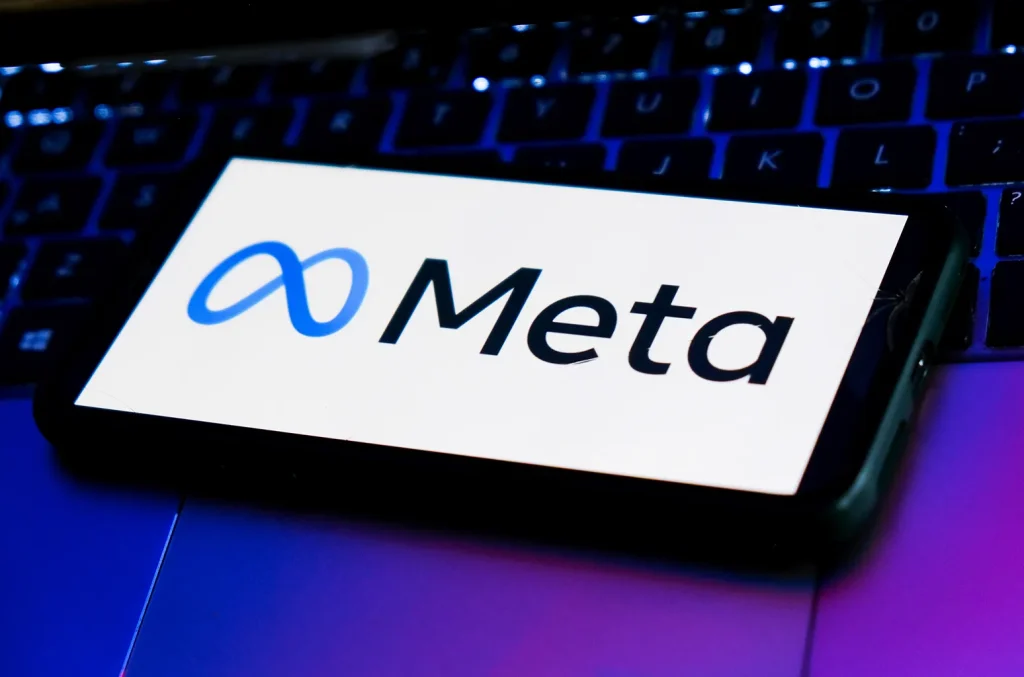
Potential Implications for the Music Industry
The implications of such a technological advancement extend far beyond mere novelty. Meta’s AI assistant has the potential to reshape the music industry in several profound ways:
✅ Empowering Independent Artists: For independent musicians who may lack access to expensive production equipment or professional studios, Meta’s AI assistant provides an invaluable resource. It democratizes music creation, providing unprecedented access to high-quality production tools.
✅ Transforming Music Consumption: Personalized music has the potential to deepen user engagement and satisfaction. Streaming services, for instance, could integrate Meta’s technology to offer subscribers a more customized listening experience, dynamically adjusting playlists based on user interactions.
✅ Enhancing Creative Collaboration: By facilitating collaboration, the AI assistant opens new creative vistas for artists working across different genres or geographical locations. Musicians can effortlessly blend sounds and ideas, transcending traditional barriers to collaboration.
✅ Redefining Music Education: The AI’s capability to offer real-time feedback and suggestions also holds promise for music education. Students can use the technology to experiment with composition, receive instant guidance, and hone their musical skills.
Ethical Considerations and Challenges
Despite its promising potential, Meta’s AI assistant also raises several ethical concerns and challenges that need addressing:
✅ Authenticity and Originality: As AI generates music tracks, questions of originality and authorship arise. Determining the line between human and AI-generated content can be complex, challenging traditional notions of creativity and intellectual property.
✅ Data Privacy: Personalization hinges on data collection, which raises concerns about user privacy. Ensuring robust data protection measures will be crucial to maintain user trust and prevent misuse of personal information.
✅ Cultural Sensitivity: AI systems must be designed to be culturally inclusive and sensitive, preventing biases that could arise from relying on incomplete or skewed datasets during the training phase.
Addressing these challenges will be paramount to harnessing the full potential of AI in music, ensuring that its deployment is ethical and beneficial to all stakeholders.
Conclusion: The Future Sounds of Music Innovation
Meta’s unveiling of an AI assistant capable of creating personalized music tracks in real-time represents a significant leap forward in the integration of artificial intelligence within creative industries. By offering new avenues for exploration, collaboration, and personalization, this technology holds the promise to transform not just how music is created, but how it is experienced and consumed.
As with any transformative innovation, success will be contingent upon navigating ethical considerations and embracing inclusive practices that prioritize user empowerment and equity. As AI continues to weave itself into the fabric of music creation, the coming years will undoubtedly be marked by new rhythms, harmonies, and symphonies—each reflecting the ongoing dance between human creativity and artificial intelligence.


